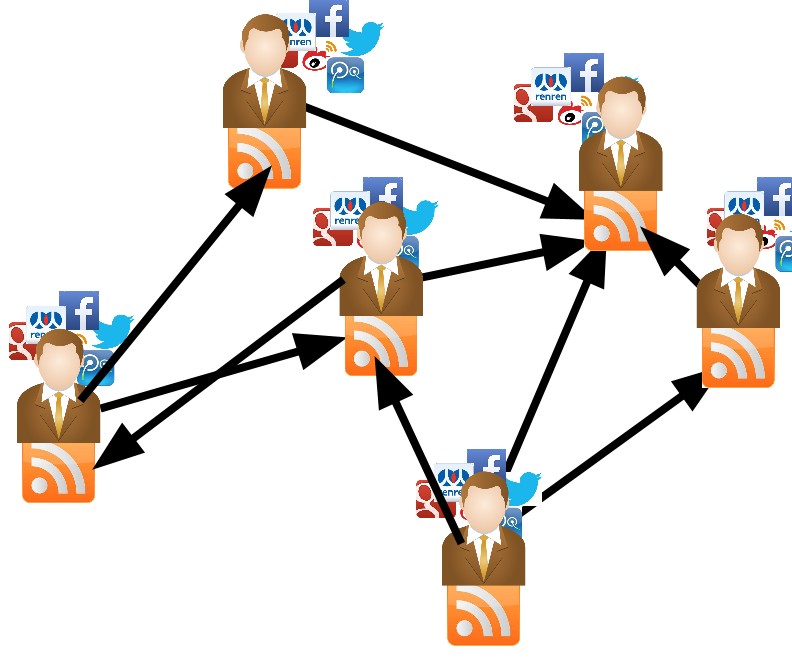Centralized and Decentralized Database Management System.
Centralized Database
A centralized database holds all data on a central computer such as a mainframe computer or server.A centralized database (sometimes abbreviated CDB) is a database that is located, stored, and maintained in a single location. This location is most often a central computer or database system, for example a desktop or server CPU, or a mainframe computer which can easily understand by given figure. 

Advantages of Centralized Database.
- manage ability
- speed of operation
- portability
- integration is easy
- upgrades, backups, security is a lot easier.
Disadvantages:
- if centre goes down, everything is down. So you need to have offline servers.
- Performance can suffer because companies usually underestimate the demands on the database server.
Decentralized Database
 A distributed database is a database in which portions of the database are stored on multiple computers within a network.A decentralized database is a collection of (structured) information, which may be logically distributed, physically distributed, or both. In this system cloning method is used which mean same shortcut data is saved at multiple places.For example Data of google,facebook etc are saved at different places may be many countries.
A distributed database is a database in which portions of the database are stored on multiple computers within a network.A decentralized database is a collection of (structured) information, which may be logically distributed, physically distributed, or both. In this system cloning method is used which mean same shortcut data is saved at multiple places.For example Data of google,facebook etc are saved at different places may be many countries.
Advantages of distributed database:
1) In a distributed database, data can be stored in different systems like personal computers, servers, mainframes, etc.
2) A user doesn’t know where the data is located physically.
3) Database can be accessed over different networks.
4) Data can be joined and updated from different locations which are located on different machines.
5) A distributed database is secure.
Disadvantages of distributed database:
1) Since the data is accessed from a remote system, performance is reduced due to network traffic.
2) Static SQL cannot be used.
3) Network traffic is increased in a distributed database.
4) Storage center in Database is difficult to maintain in a distributed database.
5) Different data formats are used in different systems.
6) Different DBMS products are used in different systems which increases in complexity of the system.
7) Managing system catalog is a difficult task.
8) While recovering a failed system, the DBMS has to make sure that the recovered system is consistent with other systems.
9) Managing distributed deadlock is a difficult task.
No comments:
Post a Comment